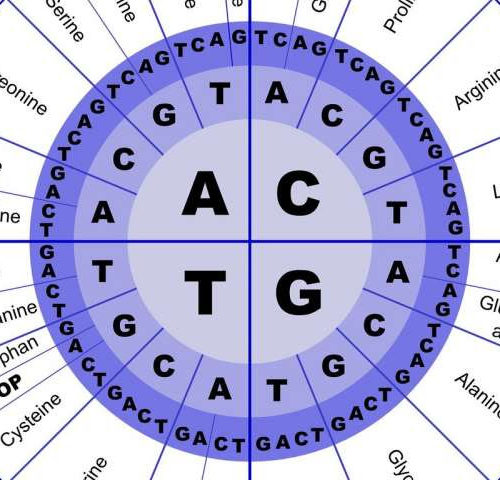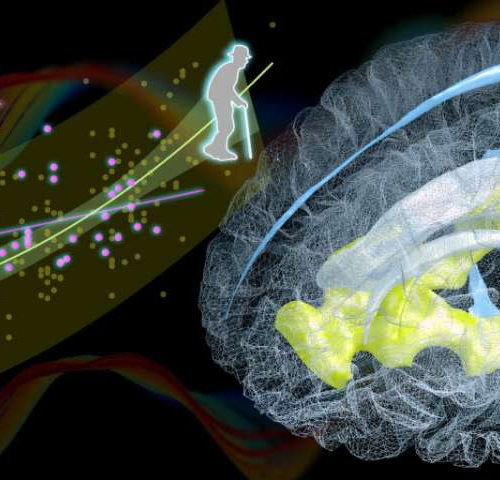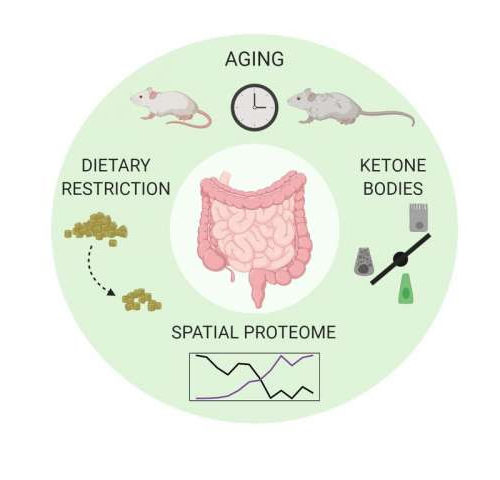Why do some people stay sharp into their 90s, even if they have the amyloid plaques in the brain that are associated with Alzheimer’s disease? And why do others reach their 90s without ever developing any plaques? These questions are explored in a new study published in the July 22, 2020, online issue of Neurology®,...
Tag: <span>Aging</span>
Multi-ethnic study suggests vitamin K may offer protective health benefits in older age
Older adults with low vitamin K had higher death risk over 13 years compared to those with adequate vitamin K levels TUFTS UNIVERSITY, HEALTH SCIENCES CAMPUS BOSTON (June 15, 2020)– A new, multi-ethnic study found older adults with low vitamin K levels were more likely to die within 13 years compared to those whose vitamin...
Nutraceuticals for promoting longevity
Aging is considered to be synonymous with the appearance of major diseases and an overall decline in physical and mental performance. This mini-review summarizes the main findings on nutraceuticals that are believed to slow aging processes by delaying and even preventing the development of multiple chronic diseases. These nutraceuticals may help improve productivity and quality...
Essential components of dietary restriction revealed
by Monash University Led by Dr. Adam Rose , the recent finding, published in Nature Communications, shows that by reducing the amount of two amino acids—threonine and tryptophan—in young healthy mice, they were able to burn more calories than they consumed, without calorie reduction, keeping them lean and healthy and without the side-effect of lower...
A new biomarker for the aging brain
by RIKEN Researchers at the RIKEN Center for Biosystems Dynamics Research (BDR) in Japan have identified changes in the aging brain related to blood circulation. Published in the scientific journal Brain, the study found that natural age-related enlargement of the ventricles—a condition called ventriculomegaly—was associated with a lag in blood drainage from a specific deep...
Aging and diet lead to proteome changes in the intestinal epithelium
by Fritz Lipmann Institute on the proteome of the intestinal epithelium and leads to age-related impairments in adaptation to nutrient availability. (Source: FLI / Alessandro Ori & Nadja Gebert. Created with BioRender.com) The small intestine is one of the most important interfaces between the environment and our body. It is responsible for nutrient absorption but...
Molecular ‘switch’ reverses chronic inflammation and aging
by University of California – Berkeley Chronic inflammation, which results when old age, stress or environmental toxins keep the body’s immune system in overdrive, can contribute to a variety of devastating diseases, from Alzheimer’s and Parkinson’s to diabetes and cancer. Now, scientists at the University of California, Berkeley, have identified a molecular “switch” that controls...
Alzheimer’s drug candidates reverse broader aging, study shows
by Salk Institute In mouse models of Alzheimer’s disease, the investigational drug candidates known as CMS121 and J147 improve memory and slow the degeneration of brain cells. Now, Salk researchers have shown how these compounds can also slow aging in healthy older mice, blocking the damage to brain cells that normally occurs during aging and...
Bacteria in the gut may alter aging process, study finds
by Nanyang Technological University An international research team led by Nanyang Technological University, Singapore (NTU Singapore) has found that microorganisms living in the gut may alter the aging process, which could lead to the development of food-based treatment to slow it down. All living organisms, including human beings, coexist with a myriad of microbial species...
Newly discovered protein is the permit to the powerhouse of cells
Medical University of South Carolina researchers report in Science Advances that they have discovered a protein, P17/PERMIT, that is key to recycling aging mitochondria and could be a connection between age-related diseases such as cancer and Alzheimer’s MEDICAL UNIVERSITY OF SOUTH CAROLINA Aging, and the mechanics behind it, remains one of the most closely guarded...





